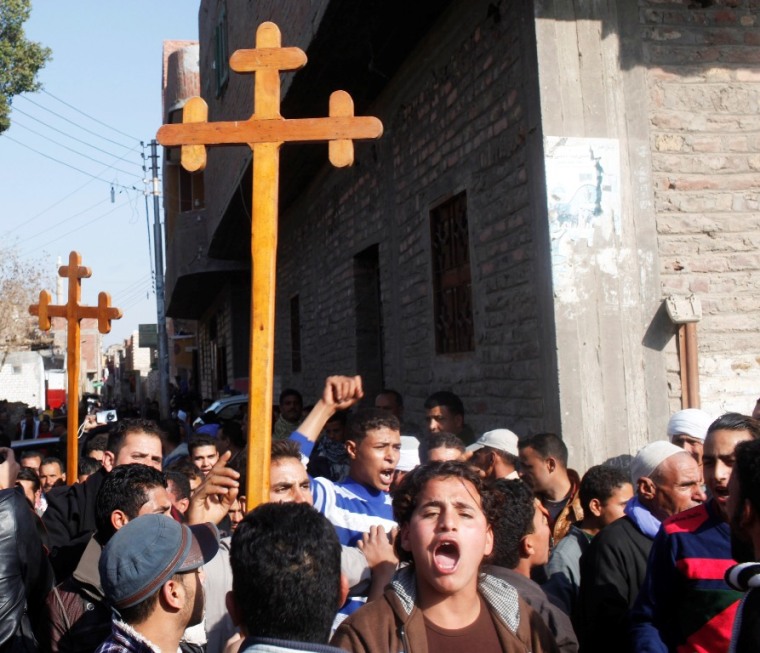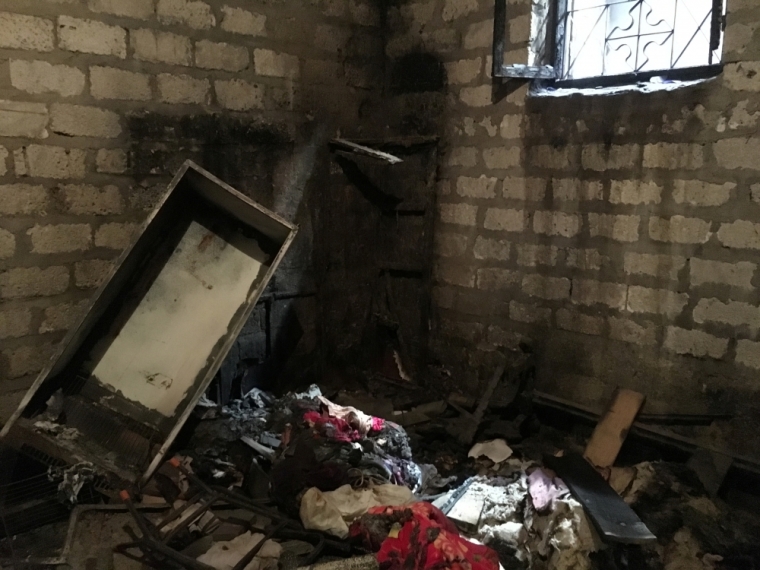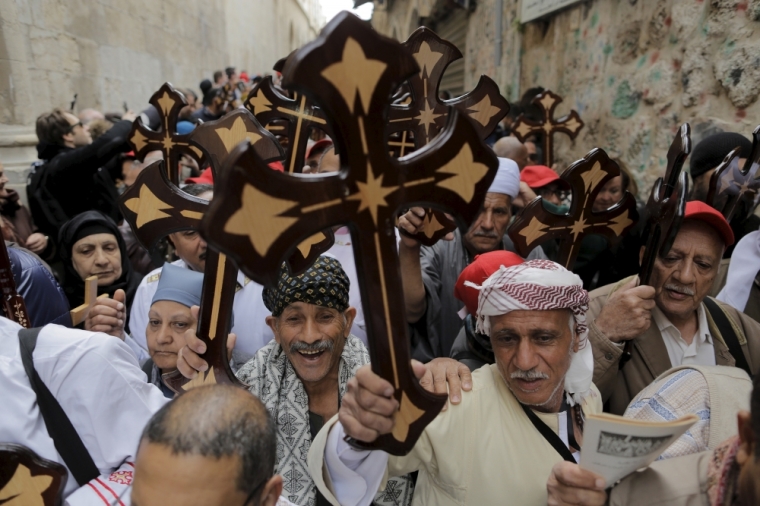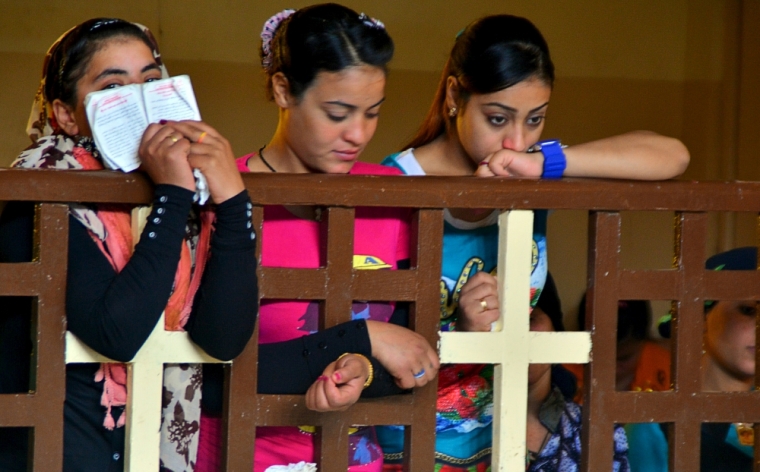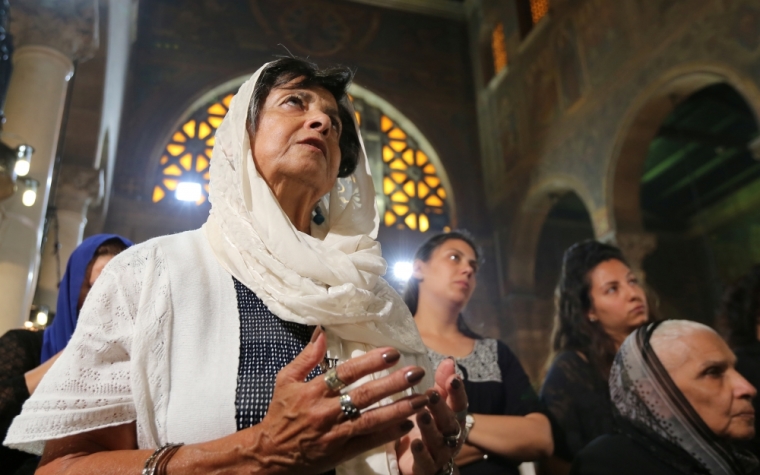Christians' Homes Torched by Muslim Mob in Egypt as Warning Not to Build New Church
A mob of 300 Muslims has torched at least four Coptic Christian houses in the Kom El Loofy village in Samalout, Upper Egypt, because the Christians wanted to build a church on their land.
"The torching of Coptic homes in Kom El Loofy underscores once more the urgent need for Egypt's House of Representatives to enact a law regulating the construction and renovation of houses of worship in a manner that guarantees the right of Christians to worship in community with others," said Christian Solidarity Worldwide Senior Press Officer Kiri Kankhwende.
"We echo the Bishophric of Samaloot in condemning the imposition of reconciliation meetings as a replacement for the rule of law because they impose ad-hoc, unjust and often un-constitutional conditions on the victims of sectarian violence and perpetuate impunity for the perpetrators. Rule of law must be upheld, and must include security services nationwide serving every community without discrimination on the grounds of religion."
Ashraf Khalaaf, the Coptic man who was accused of wanting to build a church on his land, had reportedly been summoned prior to the arson to the local police station to sign papers promising that he will not use his property for a place of worship. Despite this declaration, the massive mob of Muslims set fire to Christians' homes shortly after.
As CSW noted, the Bishophric of Samalout has said the rule of law must first be applied before any reconciliation meeting can occur.
Coptic Christians in Egypt have faced persecution for their faith for years, both at the hands of some in the local Muslim majority, but also with the rise of the Islamic State terror group, which has spread into the country.
Back in February, Christians marked the one year anniversary of the infamous IS "nation of the cross" video, in which 21 Copts were beheaded.
"One profound result and gift of this horrific act is that it brought people together," Bishop Amba Angaelos, General Bishop of the Coptic Orthodox Church, said at the time.
"These men paid the ultimate price, but gave us a cause to advocate for all those persecuted; they also showed us that there was a level of evil that we must all stand in solidarity against, and a level of courage, faithfulness and defiance that we must all aspire to," Angelos added.
The attacks haven't stopped there, however, and just last week the IS affiliate in Egypt took responsibility for the shooting and killing of 46-year-old Coptic Priest Raphael Mousa in the town of El-Arish.
The terror group later explained that it targeted and killed Mousa for "combating Islam."
Kankhwende added: "We are deeply shocked and saddened to hear of the murder of Father Mousa, and our thoughts and prayers are very much with his family, friends and congregation."










